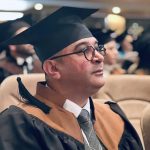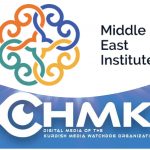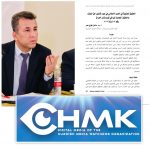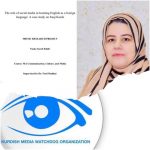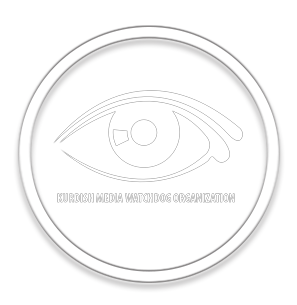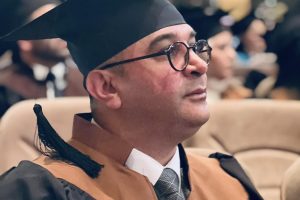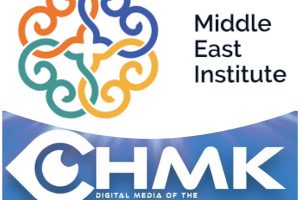Within the last two years, two journalists were murdered in Iraqi Kurdistan: Soran Mama Hama in July 2008, and Sardasht Osman in May 2010. Many other journalists have endured threats and assaults on a daily basis, though nothing as bad as what journalists in the rest of Iraq have suffered since 2003. Soran Mama Hama was murdered in Kirkuk, which is not officially part of the Iraqi Kurdistan but the fact that he was living in Sulaymaniyah and working for the independent magazine Lvin is enough to qualify him as one of the victims of the abuses being committed against journalists in Iraqi Kurdistan. Apart from acts of violence, journalists must deal with a widespread lack of access to information and abusive use of the Iraqi Penal Code to try press offenses. Since journalist Sardasht Osman was assassinated this past May, the distrust – even suspicion – between one element of the region’s political class and some journalists, has only increased. It will be up to government leaders to work towards reconciliation with the press. That being said, all of the country’s actors and international observers agree that remarkable progress has been made in the last ten years, from an economic and political, as well as institutional viewpoint. Having been spared the violent unrest which has been ravaging the country since 2004, Kurdistan clearly enjoys better safety conditions than the rest of Iraq. Still, Kurdistan is a young region undergoing a major transition (political, social, societal, economic, etc.) and facing a multitude of challenges.
The status of press freedom is better there than in neighbouring countries and provinces, mainly because of Kurdistan’s adoption, in 2007, of a protective Law of Journalism. The Kurdish intelligentsia is dynamic, and the number of its media outlets has exploded in the last few years. In this area of close to 83,000 km², the Kurdistan Journalists Syndicate boasts over 850 media (including 415 print media) among its nearly 5,000 members. The aim of this report is to understand the paradox of media freedom in Kurdistan. It first addresses the history of Iraqi Kurdistan’s media. A better understanding of the way these outlets emerged over time is essential in order to grasp the complexity of their current challenges. Originally considered as instruments of propaganda of various armed groups during an era of secrecy, the region’s media are inseparably connected to its politics, hence the difficulty journalists are running into as they attempt to exert their independence. A description follows of the problems now being faced by the media.
Reporters Without Borders has included in this report recommendations to the Iraqi Kurdistan authorities, as well as to the region’s journalists.
This report available from CHMK Page of International Media Reports via below link:
RWB 2010. Between Freedom and Abuses; The Media Paradox in Iraqi Kurdistan



